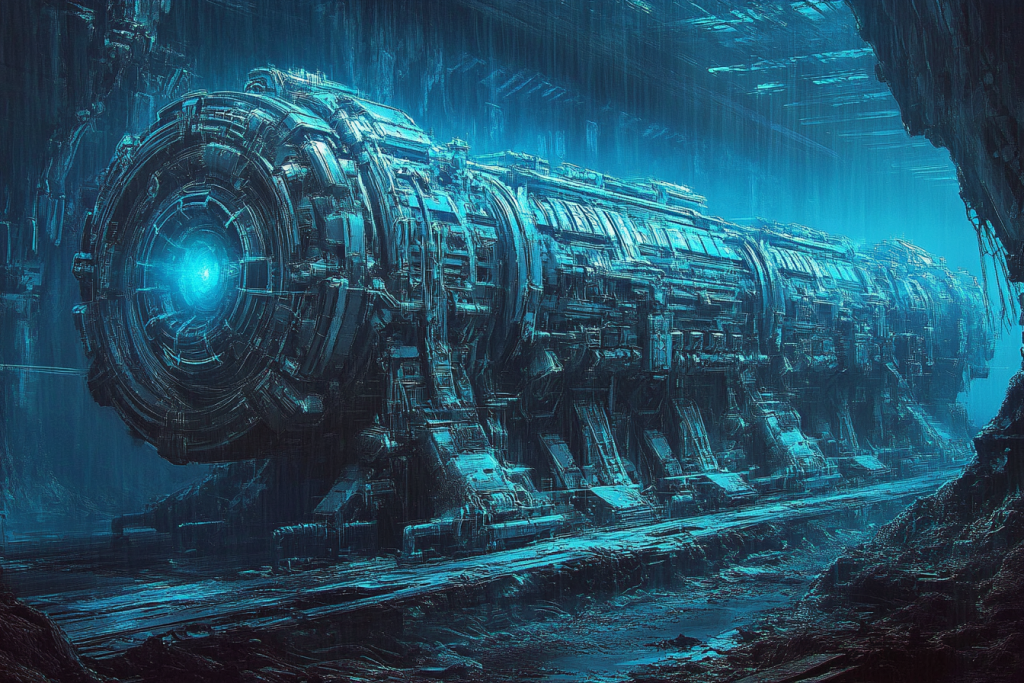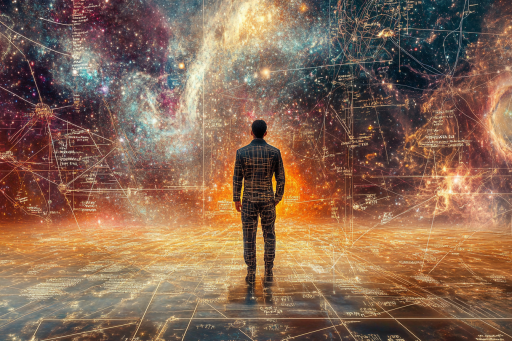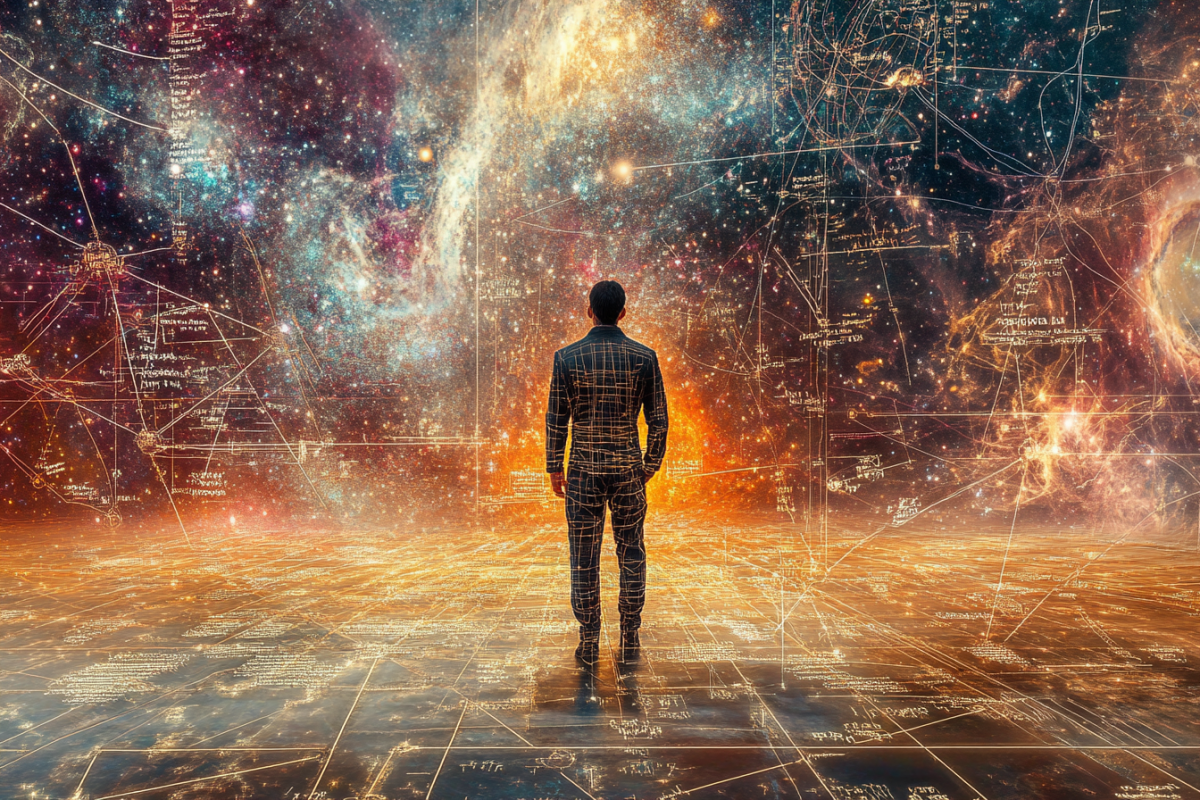
Science is supposed to provide answers, yet some of the most baffling questions remain unsolved. From the depths of the cosmos to the microscopic world within us, researchers push the limits of understanding, only to be met with more mysteries. These lingering enigmas challenge the foundations of what we think we know, teasing discoveries that could rewrite the rules of existence. As scientists search for answers, these puzzles refuse to be solved—keeping even the brightest minds awake at night.
Dark Matter: The Invisible Hand of the Universe

Most of the universe is missing. Scientists estimate that nearly 85% of the cosmos is made up of an unknown substance called dark matter—yet no one has ever seen it, touched it, or directly detected it. Its gravitational effects shape galaxies, but its true nature remains a complete mystery. Could it be a new form of matter, an undiscovered force, or something beyond human comprehension?
The Impossible Consciousness Puzzle

What makes us aware? Despite advances in neuroscience, no one can explain how a network of neurons gives rise to thoughts, emotions, and self-awareness. The “hard problem of consciousness” haunts scientists, philosophers, and even AI researchers searching for the spark that separates the living from the non-living. Is consciousness an emergent property of the brain, or something deeper, woven into the fabric of reality itself?
Why Do We Need Sleep?

We spend a third of our lives asleep, yet science still can’t fully explain why. Sleep repairs the body, consolidates memories, and keeps the brain functioning—but why does it exist at all? Some theories suggest it’s a way to clear out toxic waste from the brain, while others hint at a more mysterious evolutionary advantage. Whatever the reason, sleep remains one of biology’s most perplexing necessities.
The Origin of Life: How Did It All Begin?

Life exists, but no one knows exactly how it started. Did it arise from a primordial soup of chemicals, deep-sea hydrothermal vents, or even arrive on Earth from space? Scientists have tried to recreate life’s beginnings in the lab, but the exact spark that turned chemistry into biology remains elusive. Until we solve this mystery, we can’t truly understand where we came from—or if life exists elsewhere.
The Great Attractor: What’s Pulling Our Galaxy?

Something enormous lurks in the depths of space, tugging at our galaxy with an irresistible gravitational pull. Known as the Great Attractor, this unseen force is dragging the Milky Way and other galaxies toward it at astonishing speeds. Scientists have mapped its general location, but its true nature remains unknown. Is it a colossal cluster of galaxies, a supermassive black hole, or something stranger?
The Placebo Effect: Healing Without Medicine

How does the mind trick the body into healing? The placebo effect is a baffling phenomenon where people experience real improvements in health after receiving fake treatments. Some scientists believe it’s a psychological response, while others suspect deeper biological mechanisms at play. If we could unlock the true power of the placebo, could we harness the mind’s ability to heal without medicine?
The Cosmic “Dark Flow” Phenomenon

Galaxies are supposed to move in random directions due to the expanding universe—but some aren’t following the rules. A mysterious cosmic flow is pulling galaxy clusters toward an unknown point in space, beyond what we can observe. Some researchers believe it could be evidence of an undiscovered cosmic structure or even another universe affecting our own. Whatever it is, it defies explanation.
The Loneliness of the Fermi Paradox

The universe should be teeming with life—so where is everyone? The Fermi Paradox questions why, despite billions of habitable planets, we see no evidence of advanced civilizations. Are we alone, or is something stopping intelligent life from thriving? The answer could reveal our future, and whether civilizations are destined to disappear before they can reach the stars.
The Strangest Particle in Physics: The Neutrino

Neutrinos are nearly massless, invisible, and pass through entire planets like ghosts—yet they hold the secrets to the universe. These strange particles barely interact with anything, making them incredibly difficult to study. Scientists have detected them coming from the Sun, deep space, and even mysterious underground sources. Could unlocking the neutrino’s secrets lead to a deeper understanding of reality itself?
The Mystery of Time: Why Does It Only Move Forward?

Why can we remember the past but not the future? Physics suggests time should be able to move in both directions, yet in reality, it only flows forward. Some theories propose that entropy—the universe’s tendency toward disorder—creates the illusion of time’s arrow. Others hint that time itself may be an emergent property, not a fundamental part of the universe. Could we one day learn to manipulate it?
The True Limits of Human Longevity

How long can humans really live? While medicine has extended lifespans, scientists don’t know the true upper limit. Some researchers believe aging is programmed into our DNA, while others think we could slow or even stop the process entirely. If the secrets of longevity are uncovered, could humanity one day escape the constraints of time?
The Edge of What We Know

Science has unlocked incredible secrets, yet some mysteries refuse to be solved. With each answer, new questions emerge, reminding us how much we still don’t understand. Whether the universe is hiding its truths or we simply lack the tools to uncover them, these puzzles keep pushing the limits of knowledge. Perhaps the greatest discoveries still lie ahead, waiting for the right mind to unlock them.





